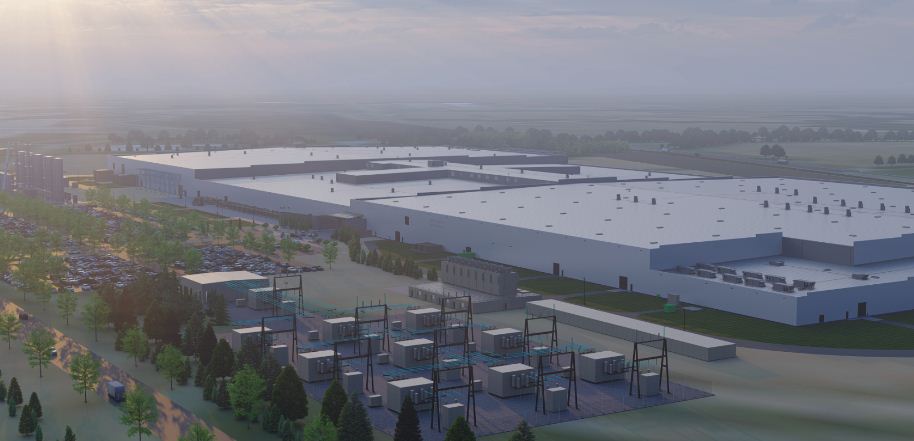
General Motors Receives $2.5 Billion to Build Three Battery Factories

General Motors’ strategy to become a 100% electric brand by 2025 has received significant financial backing from the U.S. government.
Ultium Cells, the brand’s battery-focused division, which is partnered with battery giant LG Energy, will receive $2.5 billion to fund three lithium-ion battery production plants in Michigan, Ohio and Tennessee.
The U.S. Department of Energy (DOE) granted the loan to the project, which is expected to create some 11,000 jobs. The financing is part of a government program to address the growing need for electric vehicle batteries.
Ultium Cells is focused on the future of the transportation industry and its impact on the world, both culturally and environmentally. According to General Motors’ vision, battery cells are an important step away from fossil fuels, but also have the potential to revolutionize passenger vehicles.
Read also: Strategic Alliance Between Stellantis and Qinomic to Electrify Light Commercial Vehicles
Government Support
The Biden administration is seeking to bolster U.S. energy independence and reduce its dependence on China for crucial components.
In a statement, U.S. Energy Secretary Jennifer Granholm explained that the loan will boost domestic production of battery cells needed to reduce reliance on other countries to meet increased demand.
“DOE is stepping on the accelerator to build the electric vehicle supply chain here at home, and that starts with domestic battery manufacturing led by American workers and the unions that support them,” she added.
In President Joe Biden’s first year in office, he set a goal for electric vehicles to account for half of all new car sales on U.S. soil by 2030.
The passage of the climate bill is yet another sign that auto companies are racing to start moving production of electric vehicles.
In other major moves, LG Energy Solutions will also partner with Japanese automaker Honda on a $3.5 billion joint venture battery factory in southern Ohio.
In October, Biden unveiled the U.S. Battery Materials Initiative, which the White House called “a new effort to mobilize the entire government and ensure a reliable and sustainable supply of critical minerals used for energy, electricity and electric vehicles.”
At the same time, the Administration pledged $2.8 billion from the bipartisan infrastructure bill passed last year to 20 manufacturing and processing companies for projects in 12 states.





